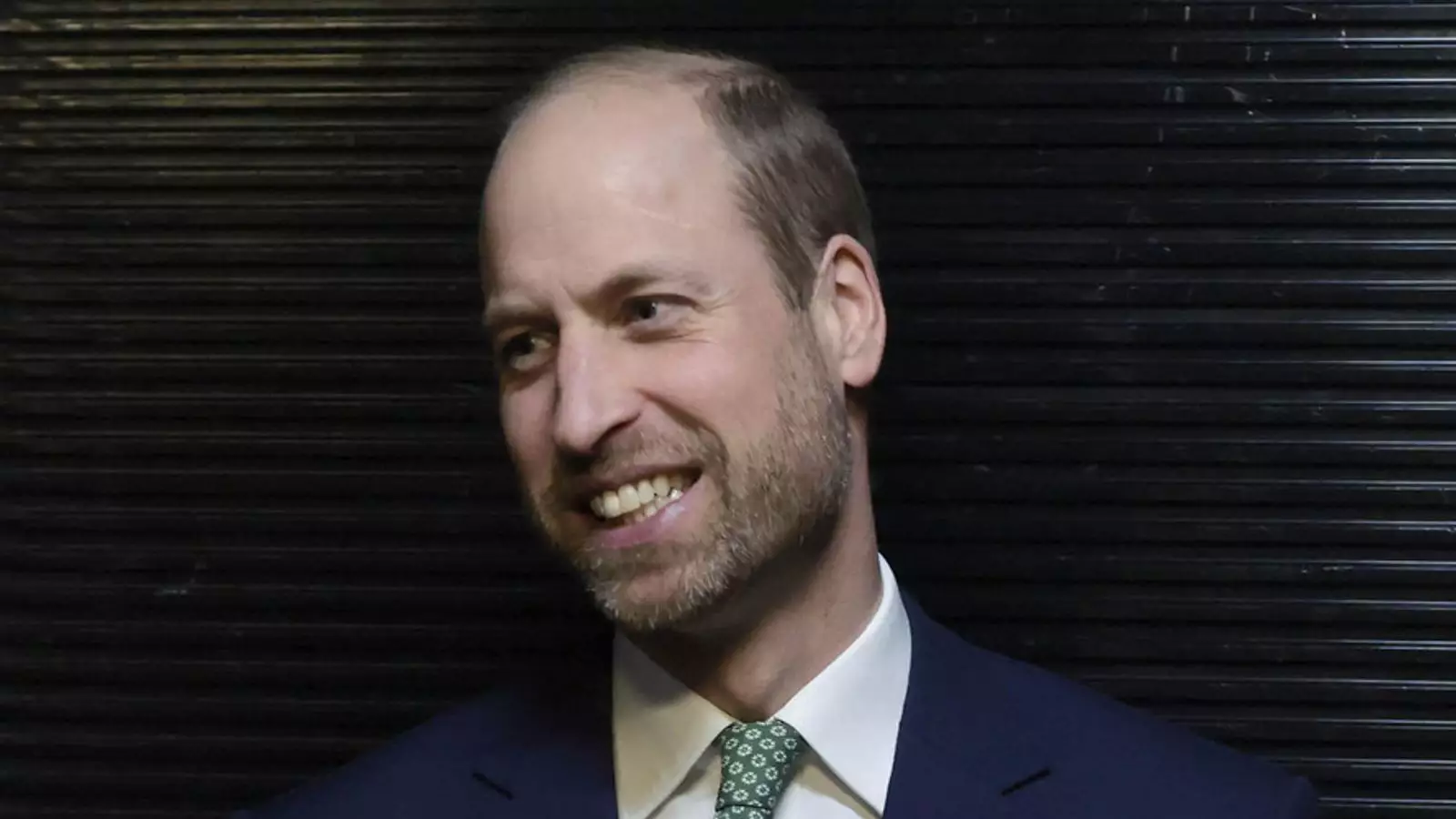In his recent remarks during a visit to South Africa, Prince William has shed light on his vision for the future of the monarchy. The Prince of Wales emphasized a desire for a “smaller R in the royal,” suggesting a shift toward a more approachable and engaged form of leadership. This indicates a profound evolution in how royal responsibilities might be perceived and enacted, particularly in an era where the relevance and function of monarchies are frequently scrutinized.
William’s intention to redefine royal engagements signals a deeper understanding of contemporary issues and the needs of his generation. His approach draws on a principle he describes as “empathetic leadership”—a recognition that leaders should not only govern but also connect with people’s lived experiences. This perspective aligns with broader societal expectations that demand authenticity and social responsibility from public figures.
Central to William’s approach is the concept of impact philanthropy. Unlike traditional forms of charity, which may sometimes operate in a vacuum, impact philanthropy thrives on collaboration, active participation, and creating meaningful changes in community lives. By emphasizing this method, William is advocating for a model of leadership that fosters partnerships rather than top-down directives. He aims to convene stakeholders and mobilize resources collectively to address pressing societal challenges—ranging from environmental issues to homelessness.
The Prince reveals that his work, particularly through initiatives such as the Earthshot Prize and the Homewards project, is deeply rooted in these values. “It’s more about impact philanthropy, collaboration, convening, and helping people,” he stated, illustrating his commitment to making tangible differences in people’s lives. In an age where philanthropy is often criticized for perpetuating social inequities, William’s vision holds the potential to reshape how royal influence contributes to social good.
The injection of empathy into his leadership style is particularly noteworthy. William’s belief that “we could do with some more empathetic leadership around the world” reflects a growing awareness within global leadership circles of the essential role empathy plays in effective governance. This acknowledgment goes beyond mere rhetoric; it encapsulates a shift that has the potential to influence public institutions, businesses, and civil society.
In practical terms, William’s advocacy for empathy means listening to the concerns of everyday people, acknowledging their struggles, and working collaboratively to find solutions. This marks a departure from the often stoic and distant images traditionally associated with royal figures, portraying a leadership model grounded in compassion and shared understanding.
As he reflects on his responsibilities, it’s crucial to recognize the personal challenges that William has faced over the past year. With his wife, Catherine, and father, King Charles, both battling cancer, the Prince provides a glimpse into the strenuous realities that accompany public life. His willingness to share these struggles reveals a human side to royalty that often remains obscured by protocol and tradition.
This transparency not only enhances his relatability but also underscores a broader narrative around mental health and vulnerability. In a society increasingly aware of the complexities of mental well-being, William’s revelations serve as a reminder that even those in privileged positions confront significant personal challenges.
As he mentions the possibility of accumulating more royal engagements, particularly with Catherine’s increased involvement, one can anticipate a potential revitalization of the royal family’s presence in global discussions. With an explicit focus on values-driven initiatives, the couple may help redefine what it means to be a modern royal in a rapidly evolving world.
William’s narrative is not merely an expression of personal intention but a broader call to action towards reimagining the role of monarchy for the future. It challenges entrenched norms and presents an opportunity for transforming how royal influence is wielded in contemporary society. As Prince William forges his path, he embodies the notion that leadership should be dynamic, impactful, and above all, empathetic. As the monarchy prepares to navigate the complexities of modern governance, William’s vision offers an inspiring blueprint for responsible and compassionate leadership.


Leave a Reply